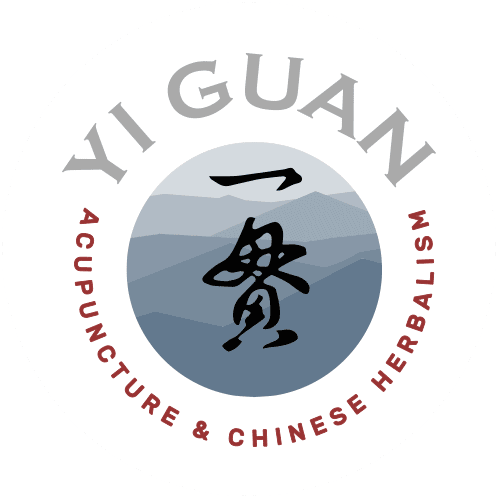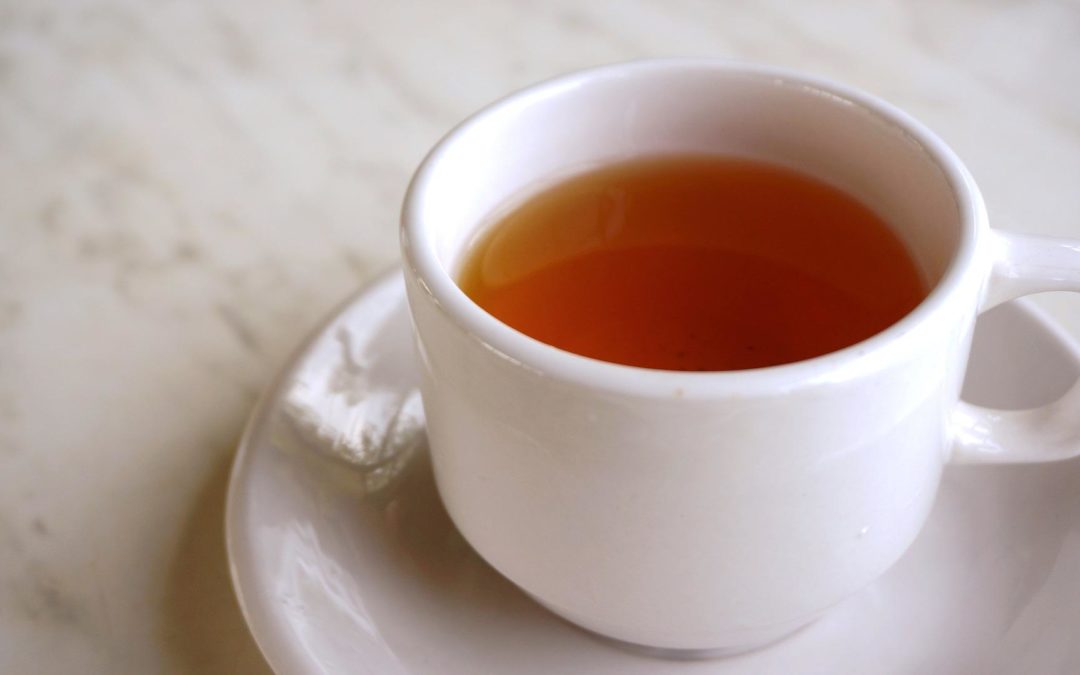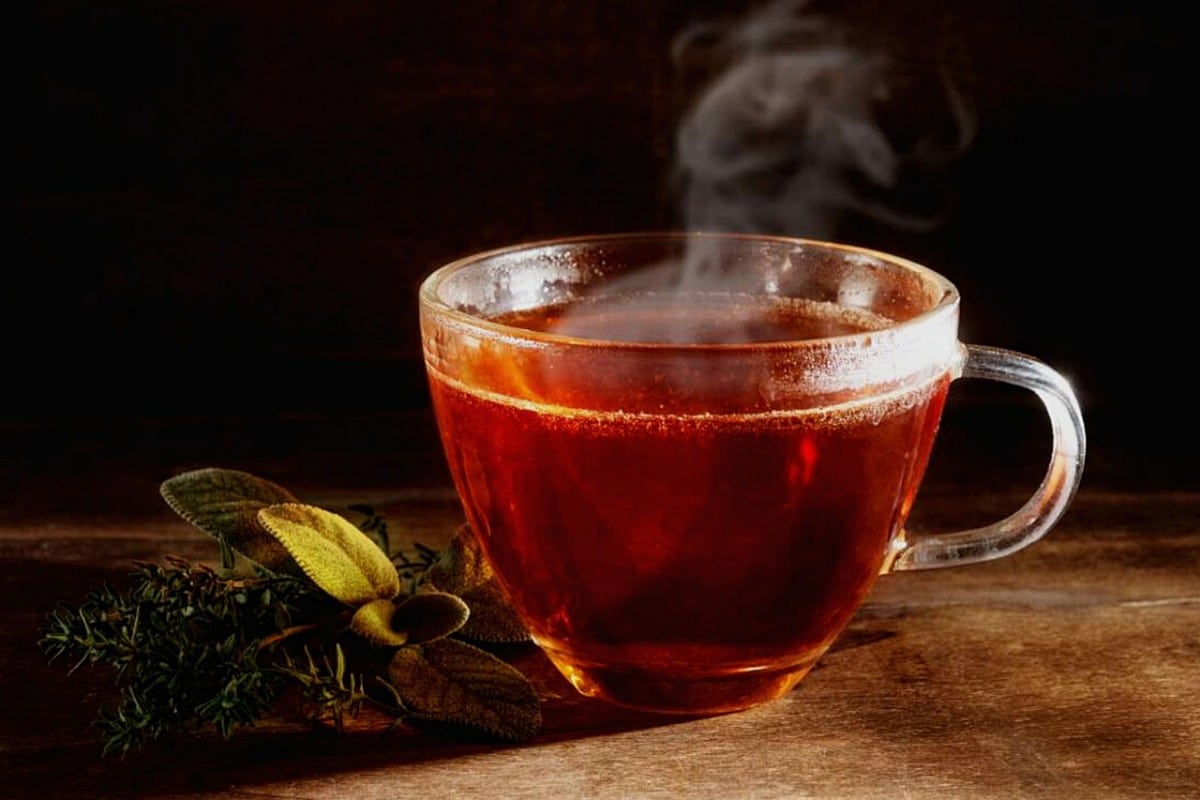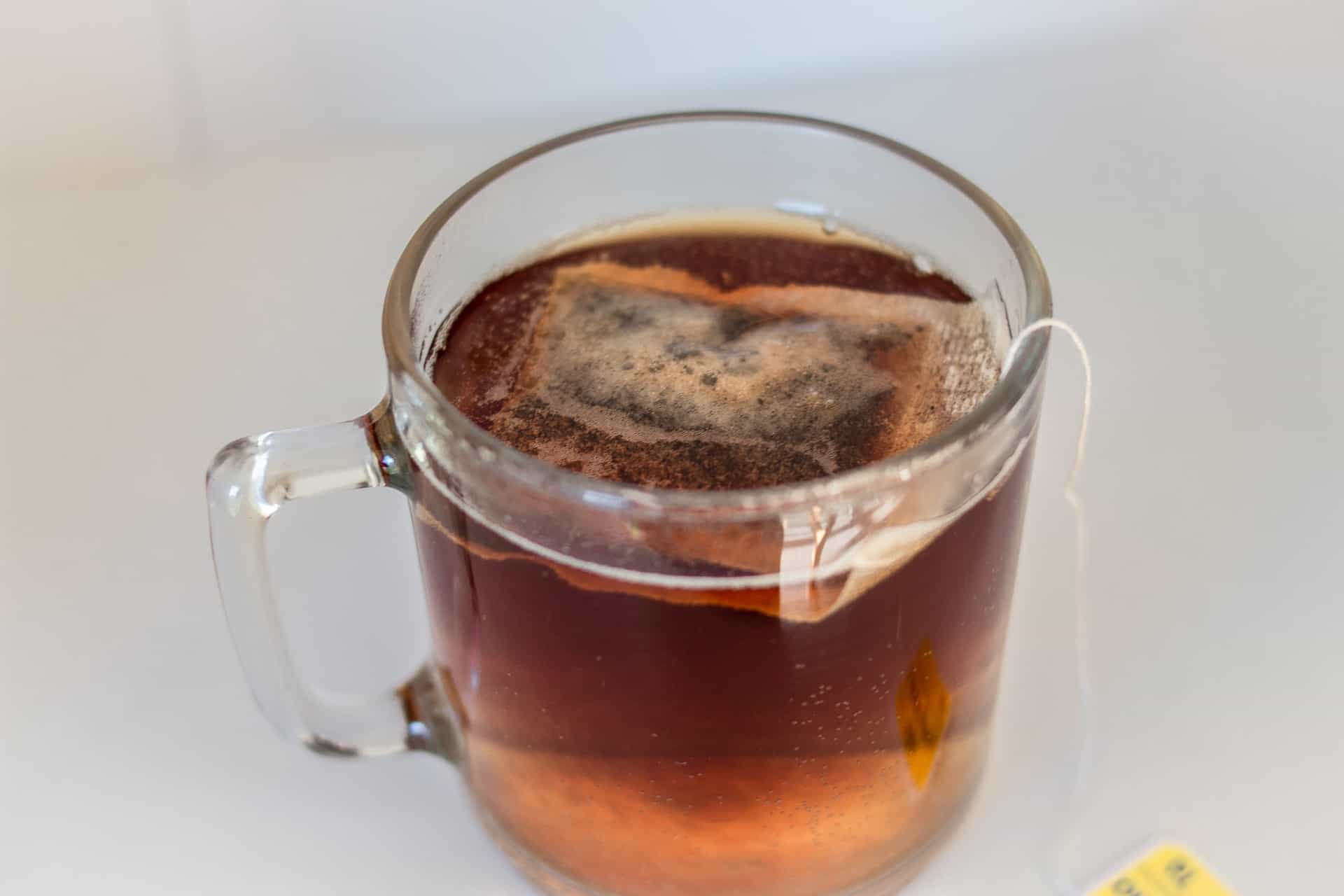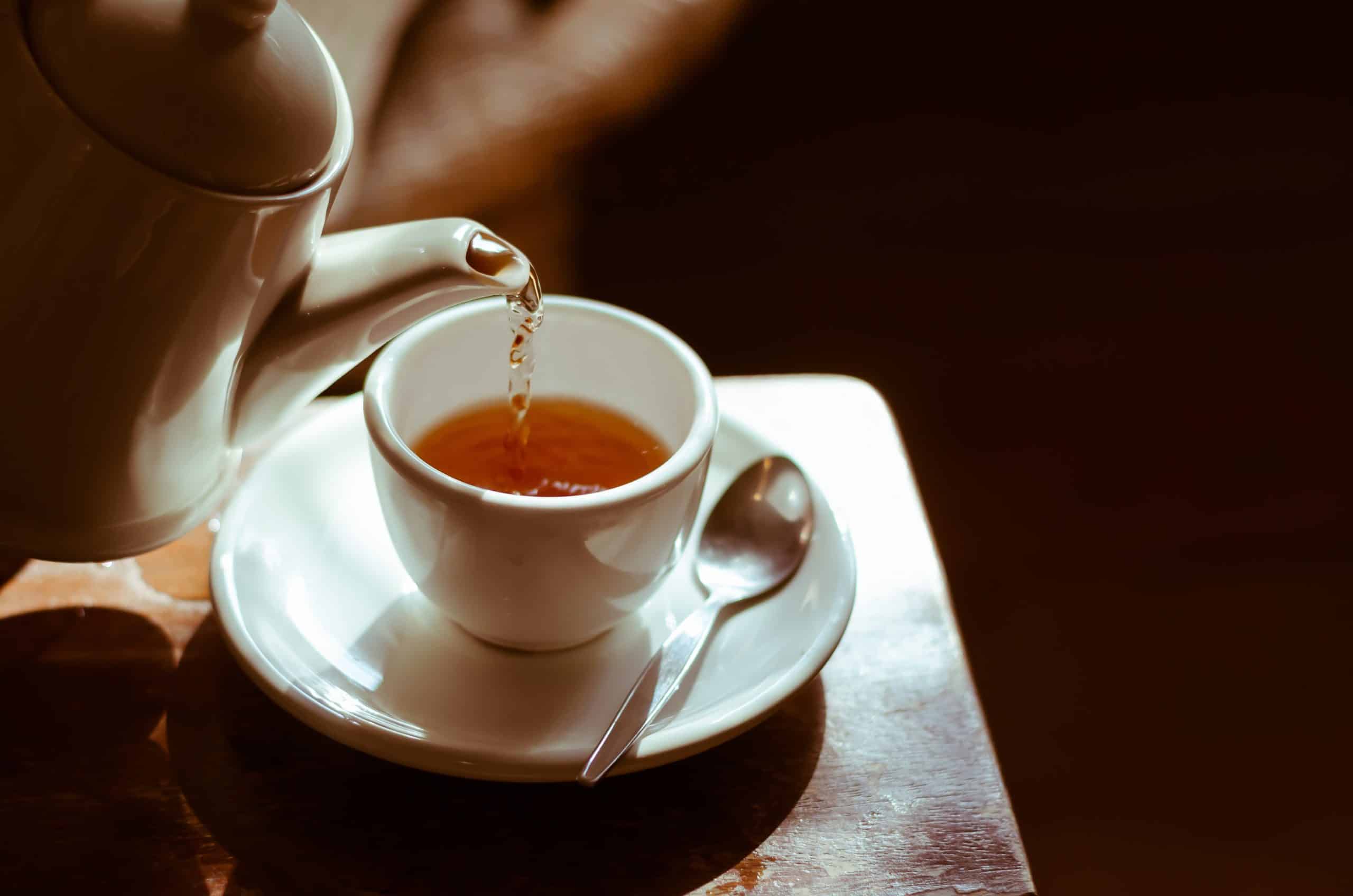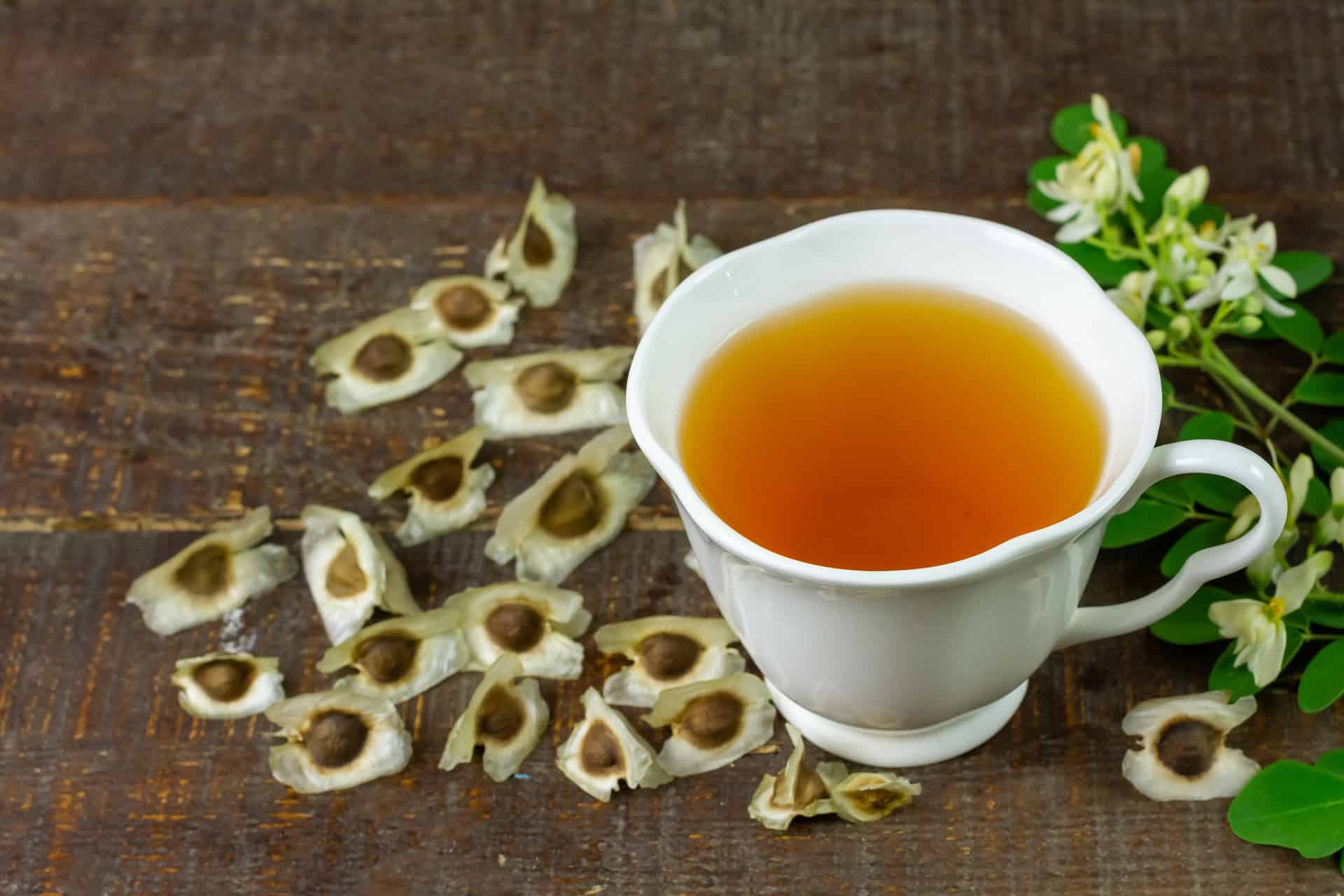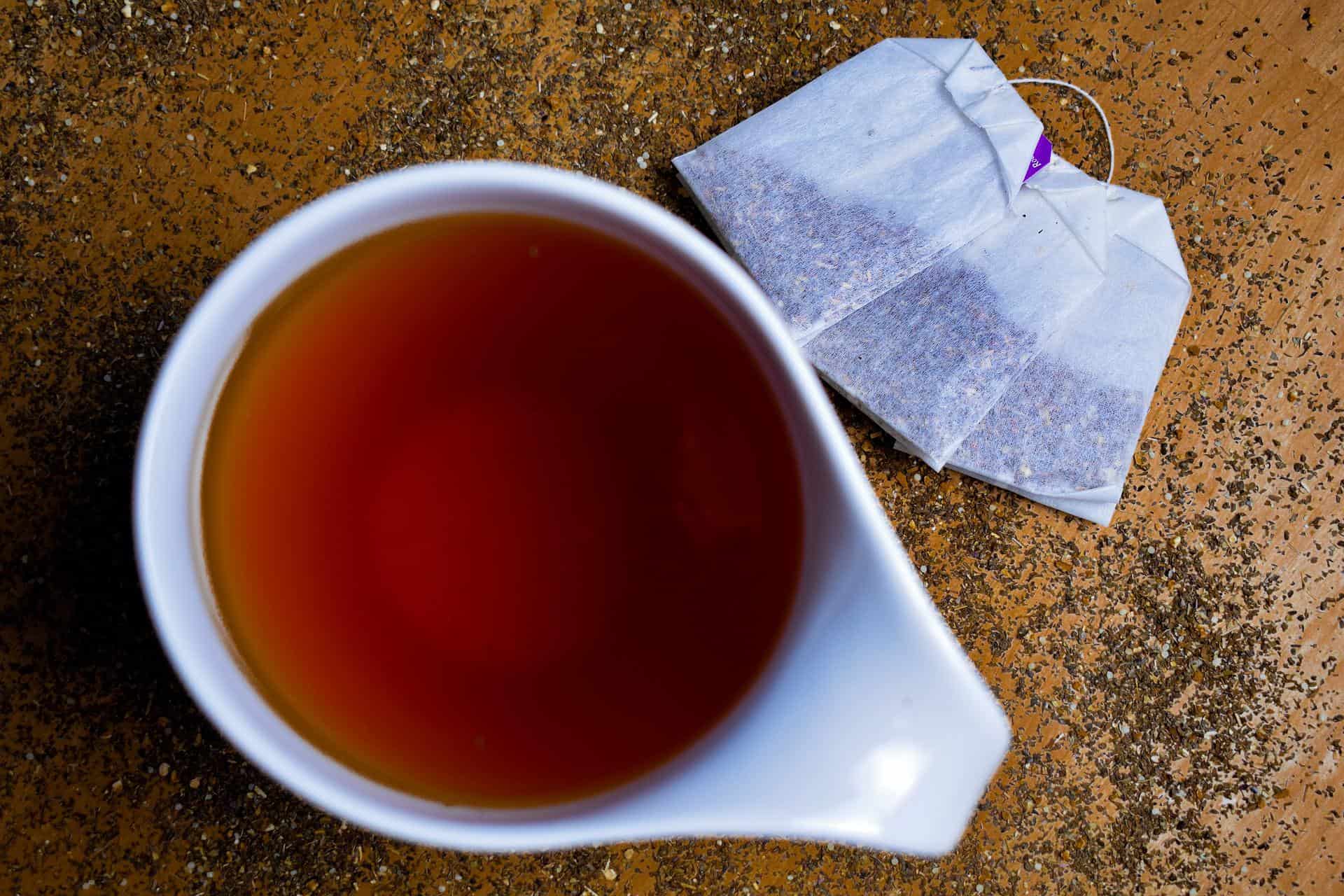DREAM SAND TEA FOR SLEEP
Yi Guan Acupuncture and Chinese herbalism is proud to offer our own line of medicinal herbal teas designed to taste good and be good for you. Today we’d like to present “Dream Sand” tea for improved sleep quality. This tea is a caffeine-free mix of powdered ziziphus seed and poria mushroom designed to be taken before bedtime.
HERBAL TEAS FOR SLEEP
Many people are looking for a good nighttime tea to improve sleep quality. There are many teas on that market to help you feel ready for sleep, such as valerian root tea, chamomile tea, lavender tea, and passionflower tea. Any of these can be effective in helping patients fall asleep because many of these herbal substances contain GABA receptor agonists. GABA (gamma-Aminobutyric acid) is the main chemical in the nervous system that decreases the intensity of chemical signaling and is known as an inhibitory neurotransmitter. This is also why substances like valerian root, chamomile, and lavender are also useful in treating anxiety. As discussed below, our Dream Sand tea also contains this biochemicals with this property. While most of the aforementioned teas are sourced from plants long known to Western herbalism, our tea is special in that it contains less commonly used herbs in the modern West. This tea is made of a specific blend from the materia medica of Chinese herbalism. There are more substances in this blend than just GABA receptor agonists. Chinese herbalism is well known for strategic mixtures of various substances that can work together with a whole greater than the sum of its parts. Chinese herbalism has been honed after generations of use and refinement.
CLASSIC TEA FORMULA
Dream sand tea is based on the classic formula Suan Zao Ren Tang, dating back to the third century CE. This formula nourishes the blood, calms the shen (or spirit), clears heat, and eliminates irritability. In Chinese medicine, many different patterns could result in the symptom of insomnia. The formula is named after its chief ingredient suan zao ren also known as ziziphus seed or sour jujube seed. This herb’s main action is to nourish the heart and liver blood. An assistant herb fu ling, also known as poria mushroom, calms the spirit and drains downward. There is no single best tea for sleep. To truly treat the root of the problem, the right formula designed for the right pattern should be used. This particular formula was designed for patients whose insomnia is caused by blood deficiency with overwork heat/irritability. In our experience, these issues are the most commonly involved in people experiencing insomnia in modern times. Dream Sand tea has been slightly modified to give it a broader effect for inducing sleep. While more specific formulas can easily be created to give you exactly what you need, Dream Sand tea is a great place to start.
WESTERN PHARMACOLOGY BEHIND THE SLEEP EFFECT
Though it is certain this will change over time, the active substances in Chinese herbal formulas are not always fully known to modern pharmacological science. But there is data for how ziziphus seed achieves its effect. Jujuboside A, a GABA receptor agonist like chamomile and lavender, is the active compound responsible for sedative effects. Jujuboside A works by stimulating GABA receptors in the brain to decrease excitation, which in this case aids with sleep. Studies have shown that Suan Zao Ren Tang, or even just the ziziphus seed on its own, has noticeable positive effect on sleep disturbances. Dream Sand tea also includes poria mushroom, selected for its Chinese herbal action of calming and draining, suitable to help people relax and find rest. At this point, much less pharmacological research has been put into this herb than the ziziphus seed, though early investigations report that it is an anti-inflammatory, an immune stimulator, a diuretic, an anti-oxidant, and interacts with polysaccharide compounds in the biochemical chain producing serotonin.
A CUP OF TEA BEFORE BED
Like the powder from the Sandman’s pouch, a cup of this tea before bed is designed to nourish and settle the shen to help you fall into a restful sleep. The tea visually resembles sand, and has a smooth soothing taste, like a gentle nurturing broth. It is sold as a finely ground powder, and not as loose tea leaves or coarsely ground leaves. The tea is not steeped in a tea bag and later removed; rather, it is is dissolved in the water and ingested with the beverage, similar to matcha teas. There is no caffeine in this blend. The opposite in fact; this tea is for sleep. Add 3 grams of the powder (or 1-2 teaspoons) to a cup of boiling water and allow to sit for 10-12 minutes while the water cools.
Join the Yi Guan Newsletter List!
Sent out just once a month, the newsletter keeps you informed about acupuncture, herbalism and special offers at Yi Guan Acupuncture and Chinese Medicine.
Article Sources:
PubMed, Suan Zao Ren Formulae for Insomnia: Updated Clinical Evidence and Possible Mechanisms
Insider Health, Yes, chamomile tea does make you sleepy — here’s how it can help you fall asleep
Planta Medica, 2011 May;77(7):681-91, Chemical constituents and pharmacological properties of Poria cocos
Int J Biol Macromol . 2014 Jul;68:131-4, Biological activities and potential health benefits of polysaccharides from Poria cocos and their derivatives
Eur J Pharmacol . 2009 Aug 1;615(1-3):27-32, Effects of triterpenoids from Poria cocos Wolf on the serotonin type 3A receptor-mediated ion current in Xenopus oocytes
